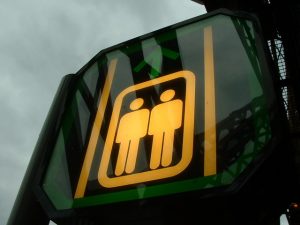If you are a transgender person living in America today, chances are you have some grave concerns about the current political climate – specifically with regard to transgender discrimination in the workplace. As longtime Los Angeles gender discrimination attorneys, it’s been difficult to see certain federal-level protections wane or threatened, especially because they weren’t all that solid to start. What you need to know as a transgender person in California is that this state does have protections, even if federal authorities ultimately decide to narrow the definition of gender for Title IX purposes, which bans discrimination in education, and Title VII federal civil rights employment discrimination. As L.A. employment attorneys can explain, these protections are based on five different categories – which includes gender.
Federal Government May Limit Transgender Employee Protections
A number of recent reports indicate that the U.S. Department of Health and Human Services is getting ready to formally present a proposal to the Justice Department before the close of this year that would more strictly define gender as binary – a biological, immutable condition defined by the genitalia with which one is born. Of course, almost every transgender person will tell you that they did not “choose” to their gender identity, but rather it chose them. This is very similar to sexual orientation, though this is a wholly separate issue from gender identity.
Despite the fact that the American Medical Association has debunked any notion that trans people aren’t fit to serve in the U.S. military or that gender dysphoria (distress arising from a perceived mismatch of the gender with which one was born versus the one with which one identifies) is a problem that can’t be alleviated with care. Some political groups have gone so far as to disguise junk science from an anti-LGBTQ group (American College of Pediatricians) as the longstanding, respected and gender-affirming American Academy of Pediatrics. Continue Reading ›
 Orange County Employment Lawyers Blog
Orange County Employment Lawyers Blog










